Elite Life Agency Blogs
Agent Information and Blog

Insurance Agent Qualifications: How to Become a Licensed Life Insurance Sales Agent by October 2023
Insurance Agent Qualifications: The Professional Qualifications Every Life and Health Insurance Agent Must Have
Why Qualifications Matter
To succeed in the competitive landscape of insurance sales, having the right qualifications is crucial for any agent. It's not just a matter of obtaining the required licenses; an insurance agent should take pre-licensing courses, training classes, and continuing education programs to stay abreast of changes in the insurance industry.
An agent without the right qualifications could put their clients' security and trust in jeopardy. This lack of vital qualifications could result in agents glossing over basic principles and red flags, which may go unnoticed, causing potential clients to lose trust in their abilities.
Furthermore, according to the Bureau of Labor Statistics, employment of insurance sales agents is projected to grow 10 percent from 2018 to 2028, and in October 2023, agents and brokers in the United States who sell securities must have a Securities Industry Essentials (SIE) credential. Earning these qualifications concerns vital skills and expertise critical in addressing future legal questions as it is wedged deep in the knowledge of industry standards.
Developing Essential Qualifications Is Like Pursuing Your Ideal

Body
Agents who have developed the necessary certifications and recognize pipeline participation have committed a time investment in obtaining the qualifications essential to bearing numerous fruits, including abstract series of skillsets vital in addressing future legal questions.
Becoming an insurance agent is not as straightforward as it may seem. The process involves obtaining multiple licenses based on the type of insurance product one wants to sell. For example, if an agent plans to sell life insurance, they will have to obtain a life insurance license. Furthermore, agents need to keep up with the various state licensing requirements and regulations to sell insurance policies.
Proper training for agents covers a wide range of topics, including financial services, personal lines, pre-licensing, property and casualty insurance, and workers’ compensation. Agents need to pass insurance license exams that vary depending on the state they want to work in. The American Insurance Licensing Association (AILA) provides preparation materials and practice exams for agents looking to get licensed.
Commission and Career in Insurance
As an insurance sales agent, mostly working on commission, the success of one's career could depend on the training they receive before becoming licensed. Most insurance companies will provide on-the-job training for new insurance sales agents.
However, agents who choose to work for an insurance agency could find that they have more opportunities for growth than those who only work for one insurance company. Independent agents, or captive agents, can work with multiple insurance carriers, which can increase their opportunities for commission-based income more than if they worked for only one insurance company.
In summary, a career in insurance can be incredibly rewarding and lucrative for those who put in the time, effort, and commitment to obtaining the necessary qualifications. Pursuing these qualifications will ensure an agent's success, providing them with the knowledge and expertise needed to assist their clients in making the best decisions possible.
Developing Essential Qualifications: Building Your Ideal Insurance Agent Body
What Qualifications Do You Need?
As an aspiring insurance agent, certain qualifications are necessary to succeed in this industry. At the minimum, you'll need a license to sell insurance in your state, and many states require continuing education to maintain your license. Additionally, understanding the different types of insurance products, laws, and regulations are essential.
While the prerequisites are vital, it's crucial to take the time to develop additional qualifications to enhance your career in insurance. Many insurance agencies and brokerages seek agents with multiple licenses, including property and casualty insurance and life insurance. Furthermore, experience in financial services, personal lines, and workers' compensation can prove advantageous.
Why Is Developing Essential Qualifications Important?
Much like pursuing your ideal body, building your ideal insurance agent body takes time and effort. By investing in yourself and developing essential qualifications, you'll set yourself apart from the rest of the competition. For many clients, having an insurance agent with multiple licenses and areas of expertise can provide peace of mind.
Moreover, the insurance industry is continually evolving, and it's essential to stay abreast of changes in tax laws, insurance coverage, and financial products. Many insurance carriers offer training and professional development

resources to help you stay ahead of the curve.
How Can You Develop Essential Qualifications?
To become a successful insurance agent, taking initiative and continuing your education is crucial. Many insurance companies provide training and development programs that allow agents to learn about new products and sales techniques. Furthermore, attending seminars and workshops can provide you with additional knowledge and skills.
Additionally, independent agents may benefit from joining a professional association. Associations like the National Association of Insurance and Financial Advisors (NAIFA) and the Independent Insurance Agents & Brokers of America (IIABA) offer members access to networking opportunities, industry news, and continuing education courses.
Conclusion
Developing essential qualifications is crucial for insurance agents. Not only does it set you apart from the competition, but it also gives clients confidence in your abilities to handle their insurance needs. By obtaining multiple licenses and staying abreast of changes in the industry, you're positioning yourself for success. Take the time to invest in yourself and your career, and the rewards will follow.

Thanks for reading our article "The Professional Qualifications Every Life and Health Insurance Agent Must have!" Find more information about our company and sign up with us today at https://elitelifeagency.com.
Here are a few other reputable sources if you're interested in learning more about this topic:
1. National Association of Insurance Commissioners - naic.org
2. Kaplan Financial Education - kaplanfinancial.com
3. America’s Health Insurance Plans - ahip.org
4. Life Happens - lifehappens.org
5. The Institutes - theinstitutes.org



